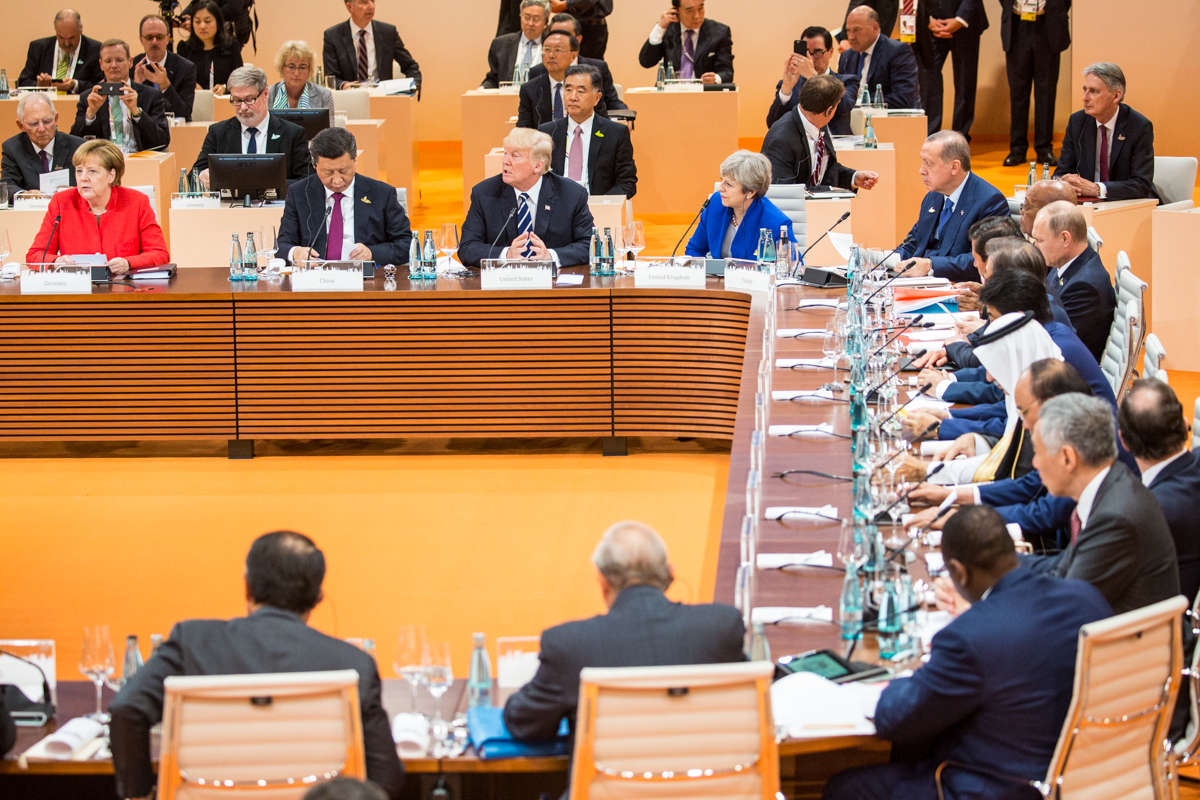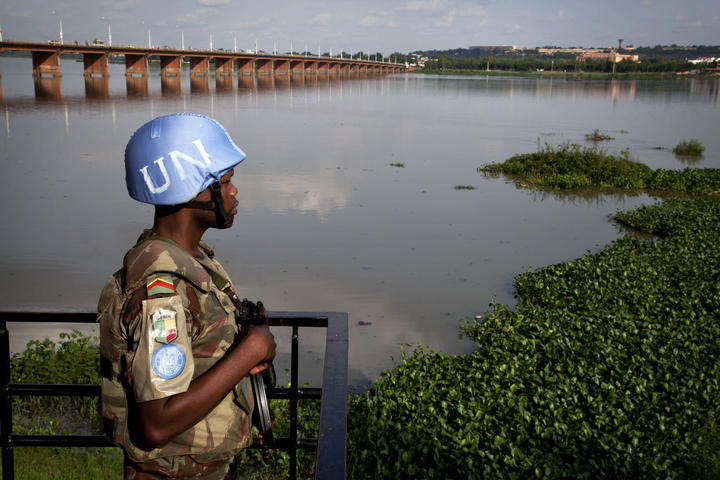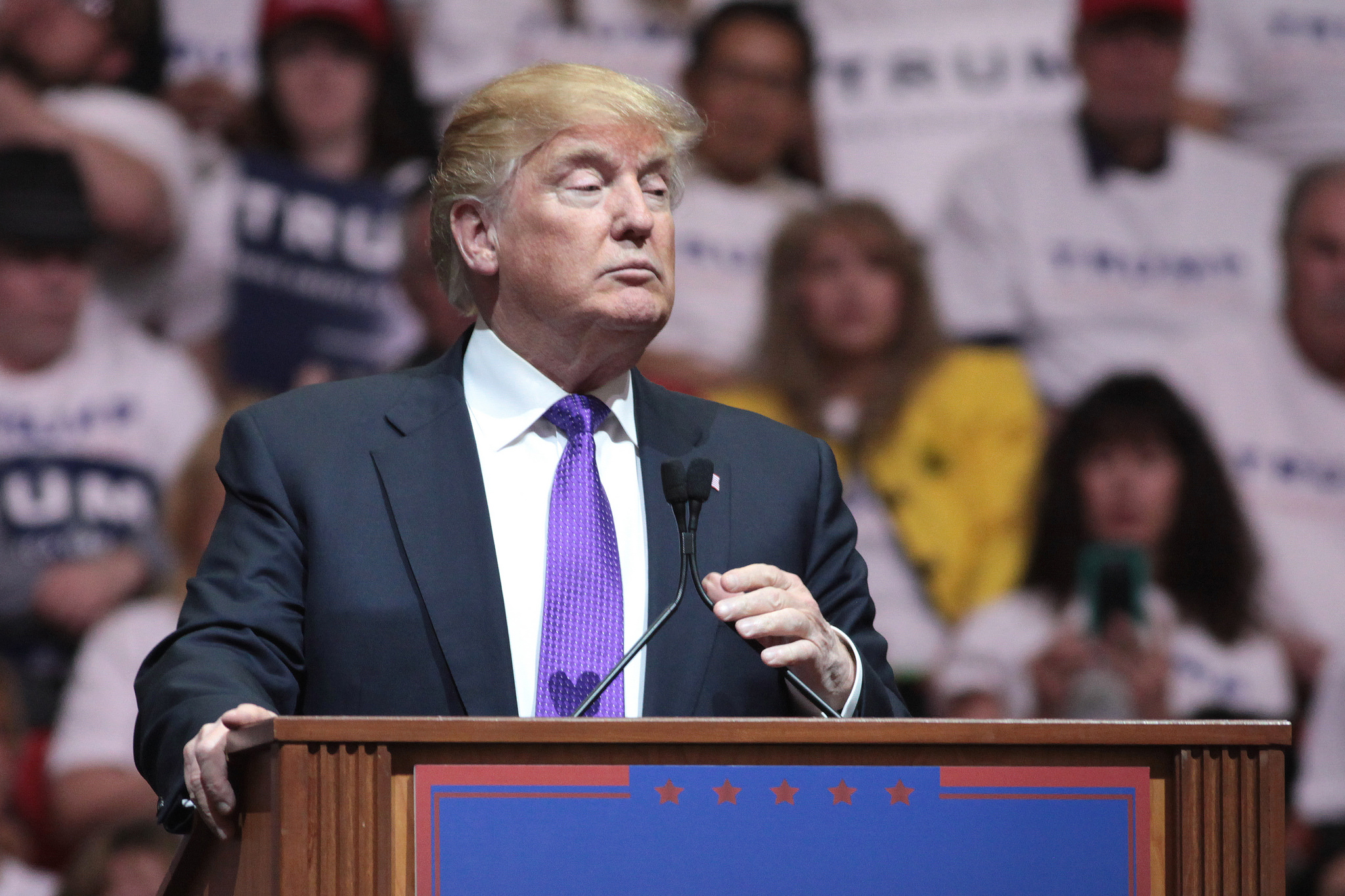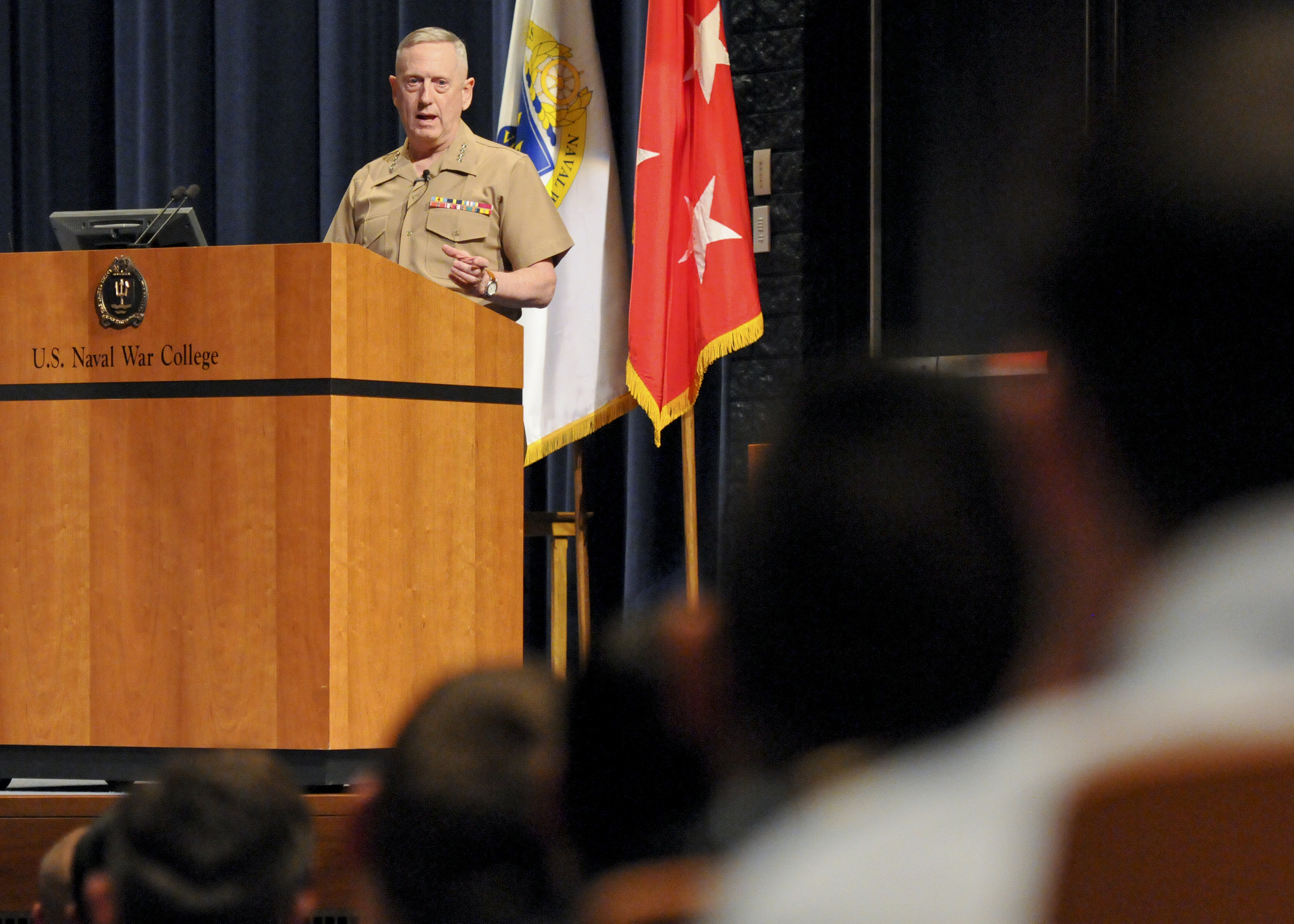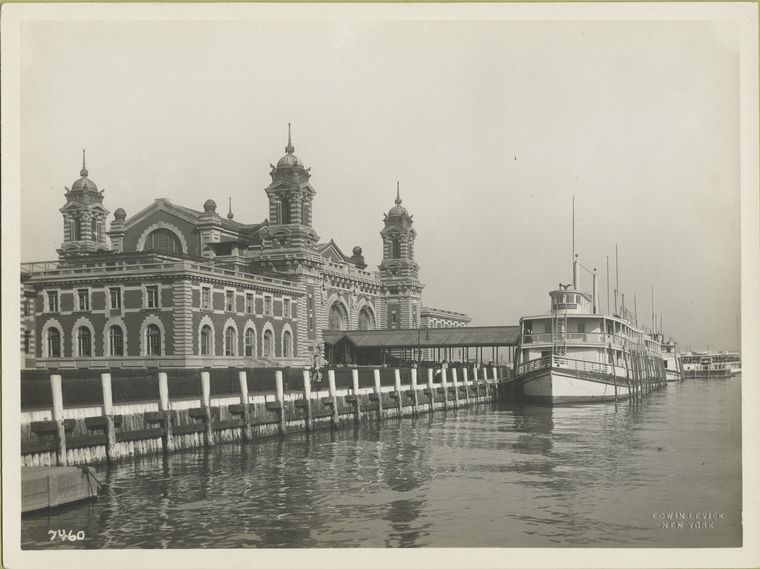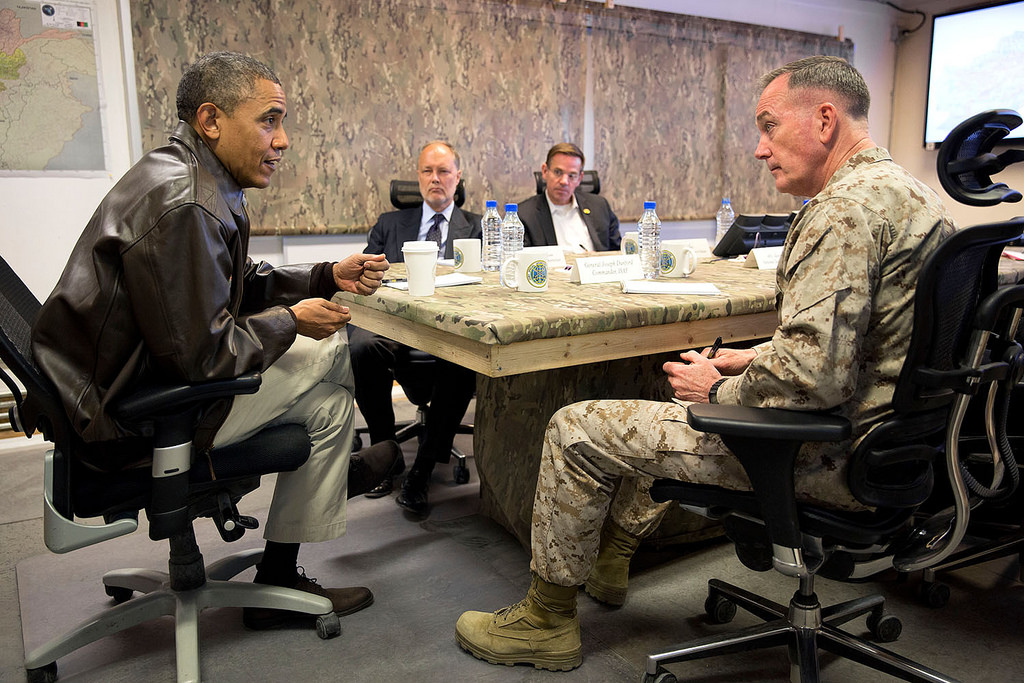By Rachel Epstein and Martin Rhodes for Denver Dialogues.
Nothing very heartening has emerged from the Transatlantic relationship of late. It was painful to watch President Trump’s speech at the North Atlantic Treaty Organization’s new headquarters back in May. Trump, who had declared NATO ‘obsolete’ during his presidential campaign, criticized some of America’s closest allies for not spending enough on defense, mischaracterized their “debts owed,” and refused in that May speech to confirm the US commitment to the Article V security guarantee – the requirement that alliance members defend each other if under attack. He tried to sound dignified while making unfunny reference to the cost of the new facility that provided the platform for his gently-delivered invective. But the other heads-of-state were mostly grim-faced.
By all accounts, the private dinner that followed was even worse. Trump again berated the Europeans for their low defense contributions and asked for ‘pay backs’ for missing spending targets in the past. Indignation and indigestion all round – and yet another body blow to the reputation of the US abroad, to add to Trump’s unceremonious trashing of the Paris climate accord and the Transatlantic Trade and Investment Partnership. The G20 meeting in Hamburg – before which Trump also met Putin for the first time – created both renewed discord over climate change and trade and confusion over Trump’s position on Russian meddling in US elections. Trump tweeted a proposal after that meeting to create a joint US-Russia cybersecurity unit to combat election interference – which was immediately ridiculed by GOP senators. Meanwhile, Germany’s Angela Merkel is taking a hard line with Trump on a range of issues. Her conservative party, the CDU/CSU, has just removed the ‘most important friend’ description of Germany’s relationship with the United States in its electoral campaign program.
Focusing here on NATO, these developments may well portend disaster for US global power and influence, as Abe Newman and Daniel Nexon have written. Angela Merkel followed up Trump’s speech in May by suggesting Europe was on its own. Meanwhile, the head of the ruling Law and Justice Party in Poland, Jarosław Kaczyński, has claimed that Europe now needs its own nuclear arsenal to rival Russia’s, which was followed shortly thereafter by the release of a German review of that subject. Meanwhile, the European Union’s High Representative for Foreign Affairs and Security Policy, Federica Mogherini, has worked up an elaborate plan for a more robust European security and defense architecture. Although there is no a priori reason why the EUs ‘Implementation Plan on Security and Defence’ and related measures must come at the expense of NATO, if the Europeans take Trump seriously there is also no reason why it should not.
But although the reputation of the US will be heavily dented by Trump, there are reasons to believe that the defense dimension of the Transatlantic relationship will endure, mostly unharmed.
First is the fact that so much of what Trump has said is either blatantly false or misleading, simply adding to the derisory view (at home and abroad) that he is a clumsy and ill-informed aberration to be endured until US democracy takes its course. The objective of spending 2 percent of GDP on national defense was a guideline agreed to in the 2000s with the Bush administration. By 2014, after Russia’s annexation of Crimea, it became a goal in which all agreed that European powers should move toward that level by 2024. All NATO members are up-to-date on their direct payments to NATO for collective costs and commonly-held assets. It is therefore patently false to claim, as Trump did, that the NATO allies “owe massive amounts of money from past years” or that the alliance therefore suffers from a $119 billion shortfall.
Second, somewhat reassuringly, there are divisions within Trump’s administration on a range of global issues, which undercut Trump’s personal credibility but for now will help prevent the collapse of Europe’s confidence in its most important ally. Regarding NATO, Defense Secretary Jim Mattis, Vice-President Mike Pence, and others in the administration have gone out of their way to reassure Europeans that despite Trump’s words back in May – which apparently departed heavily from the arranged script at NATO HQ – nothing has changed in US support for NATO. Unruffling feathers has become a major task for Trump administration members, which was no doubt reflected in Trump’s re-affirmation of Article V in his Warsaw speech last week.
Finally, as frightening as an ill-informed and blustering US president may be, American institutions are taking action to thwart Trump’s ill-informed negligence, toward both NATO allies and vis-à-vis Russia, and key new US representatives to NATO will help bolster the alliance.
Thus, European allies will take note of US Congressional action intended to restore confidence in light of Trump’s vacillation. Both the House and Senate have voted to reaffirm US obligations under NATO Article V in response to Trump’s earlier failure to do so. The Senate has also passed legislation that would give Congress greater control over US sanctions against Russia, allowing Congress to review any roll-back of sanctions that the administration might consider—again a direct rebuke to Trump, who has repeatedly questioned the gravity of Russian transgressions in the international sphere. On State Department cuts and Trump’s budget more generally, members of Congress from both parties have said they do not take it seriously and will not even consider such measures.
New US appointments to NATO will also help underpin continuity. The Trump administration has recently nominated former US Senator Kay Bailey Hutchison – a close ally of Secretary of State Rex Tillerson, her new boss if appointed – to be US ambassador to NATO. A safe pair of hands, with bipartisan support, Hutchison will strengthen the status quo in US-NATO relations; as will Kevin Scheid, a US Department of Defense and NATO veteran, who on July 1 assumed the critical post of General Manager of the NATO Communications and Information (NCI) Agency, which runs the electronic networks of the alliance and deals with cyber-warfare. Scheid was selected by the 28 NATO members in late November last year, two months before Trump became president.
For now, at least, the Transatlantic defense status quo is proving resistant to Trump’s attempts to undermine it. Political and institutional checks and balances have been working. But since we are only 177 days into an unpredictable and volatile four-year presidency, there is likely further Transatlantic turbulence ahead.

